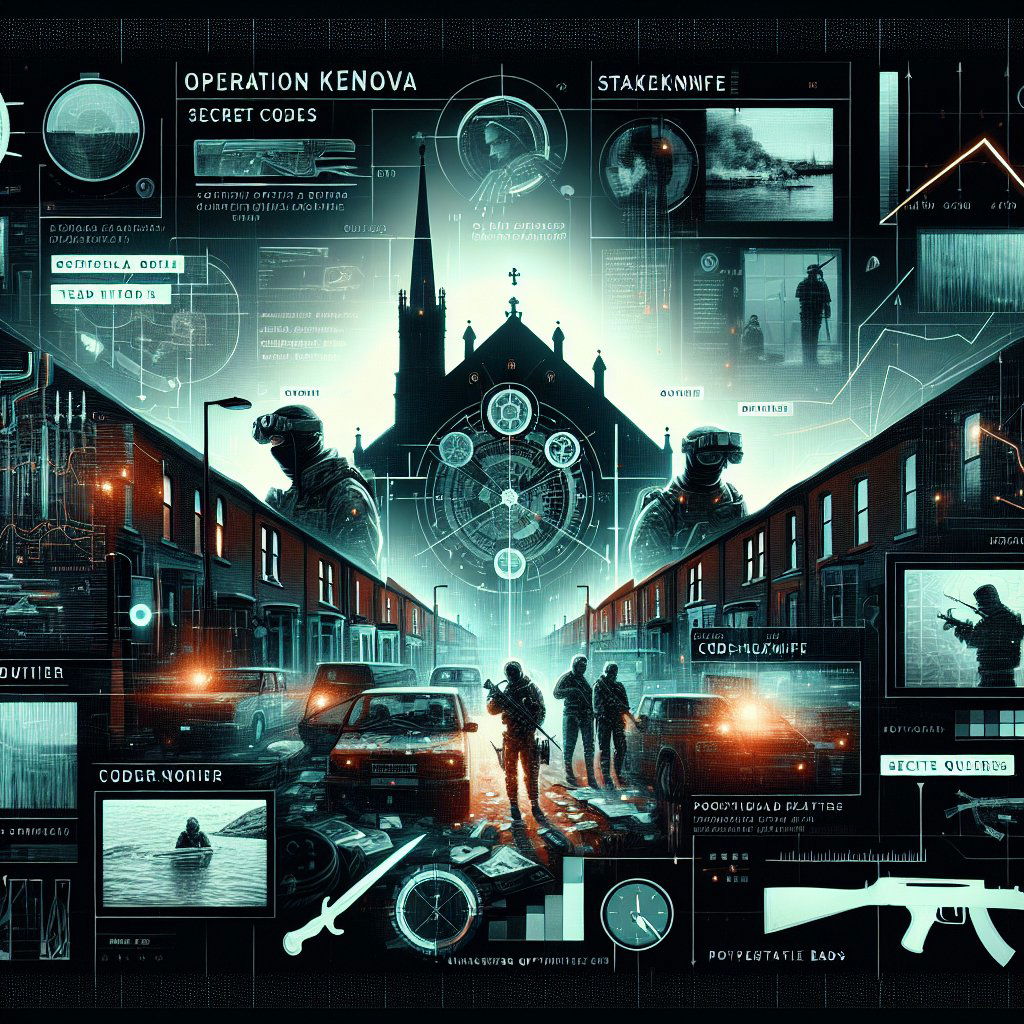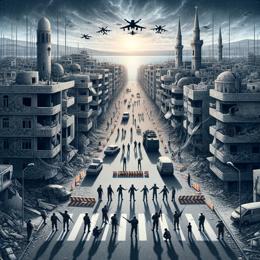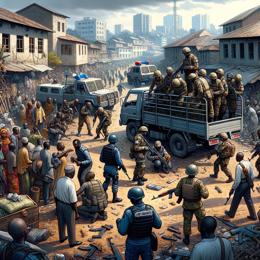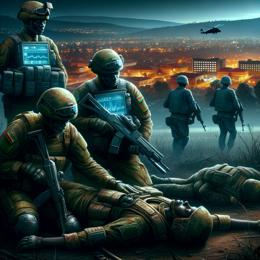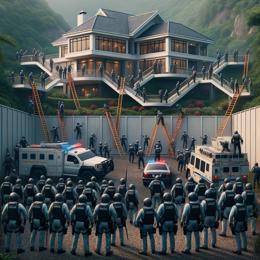Image created by AI
Operation Kenova: Britain's Top IRA Informer Linked to Preventable Deaths
In a surprising twist to the decades-old Northern Irish conflict narrative, an independent inquiry released on Friday suggests that the British state may have been complicit in preventable deaths during the sectarian troubles, which wreaked havoc across Northern Ireland for nearly thirty years.
The center of this inquiry is the individual known only by the code name “Stakeknife,” understood to have been the highest-ranking British spy operating within the ranks of the Irish Republican Army (IRA). The IRA, a nationalist militant organization, was a significant force behind the violence that claimed the lives of more than 3,600 people from the late 1960s until the Good Friday Agreement in 1998.
The report, emerging from the comprehensive Operation Kenova, paints a picture of betrayal and missed opportunities for the British security forces to intervene in planned abductions and assassinations. The inquiry accuses them of having knowledge of imminent threats and yet doing little to nothing to prevent them. As a consequence, individuals at risk were not protected, leading to unnecessary fatalities while the perpetrators remained at large to commit further crimes.
The involvement of the alleged informer within the IRA's “Nutting Squad”—a group tasked with the interrogation of suspected informers—is especially controversial. This unit was notorious for its brutal methods and the summary execution of those it deemed traitors to the Republican cause.
Although the Operation Kenova report stops short of revealing the real identity of “Stakeknife,” the name Freddie Scappaticci has been publicly linked to this pseudonym. Scappaticci, who passed away last year, continued to deny these allegations until his death, even resorting to legal action in an attempt to clear his name—a battle he did not win.
Furthermore, the Kenova report not only implicates the mysterious agent but also suggests there could be overlapping culpability extending to former police and members of British intelligence and security services. Investigators have recommended criminal charges against no fewer than 30 individuals, including those alleged to have held roles both as paramilitaries and as part of the state's security apparatus.
However, despite these recommendations, the Public Prosecution Service has cited a lack of sufficient evidence for their decision not to move forward with prosecutions. This has led to public outcry about accountability and the long shadow that the Northern Irish conflict continues to cast over Britain and Ireland.
The findings from Operation Kenova have reopened old wounds, bringing back to the surface the turbulent history of Northern Ireland's path to peace. Questions of collusion, the ethics of infiltrating terrorist organizations, and the cost to human life have been brought sharply into focus, generating discussions not just within the realm of the judiciary but in the court of public opinion.
While the veil of secrecy still lingers over the true identity and actions of “Stakeknife,” the inquiry calls for justice to prevail. It ultimately seeks truth and reconciliation, albeit in a climate where evidence remains elusive and the shadows of the past still loom large.
